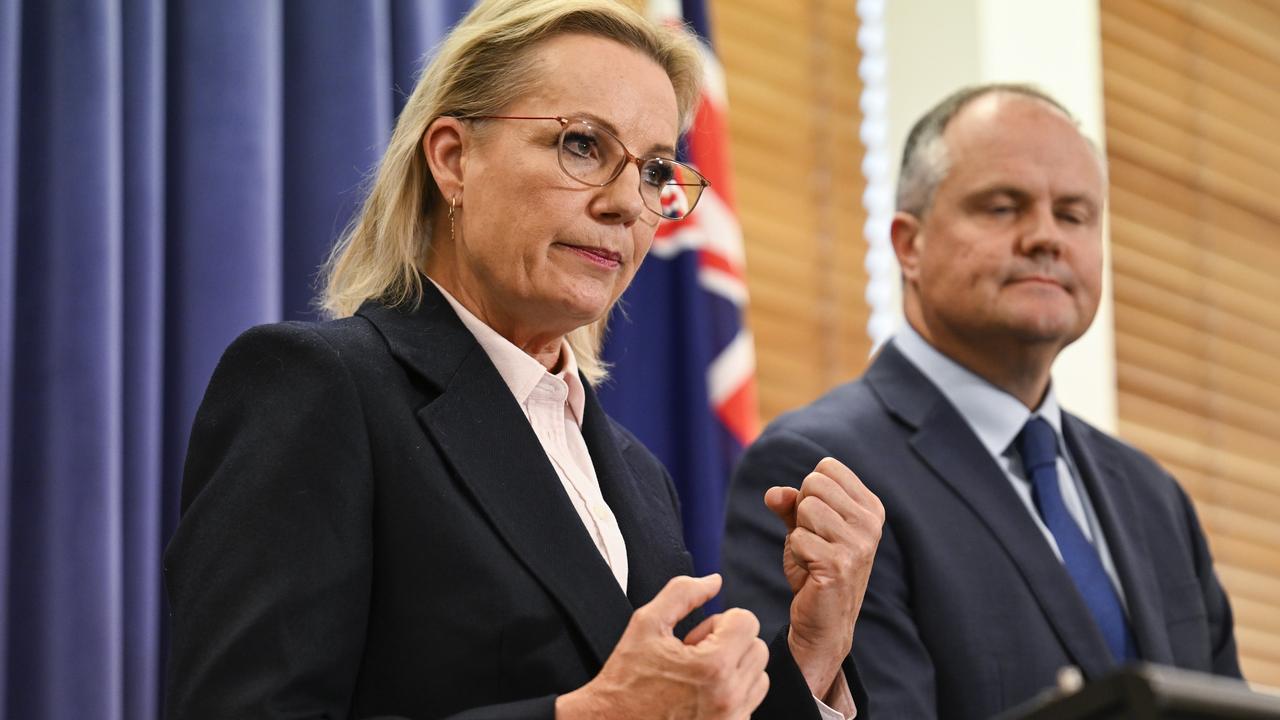James Campbell: Australia will need to vaccinate children before opening to the world
Australia will not open up to the world until its children are vaccinated, with research showing young people are hit hardest by Covid’s long-term effects, writes James Campbell.
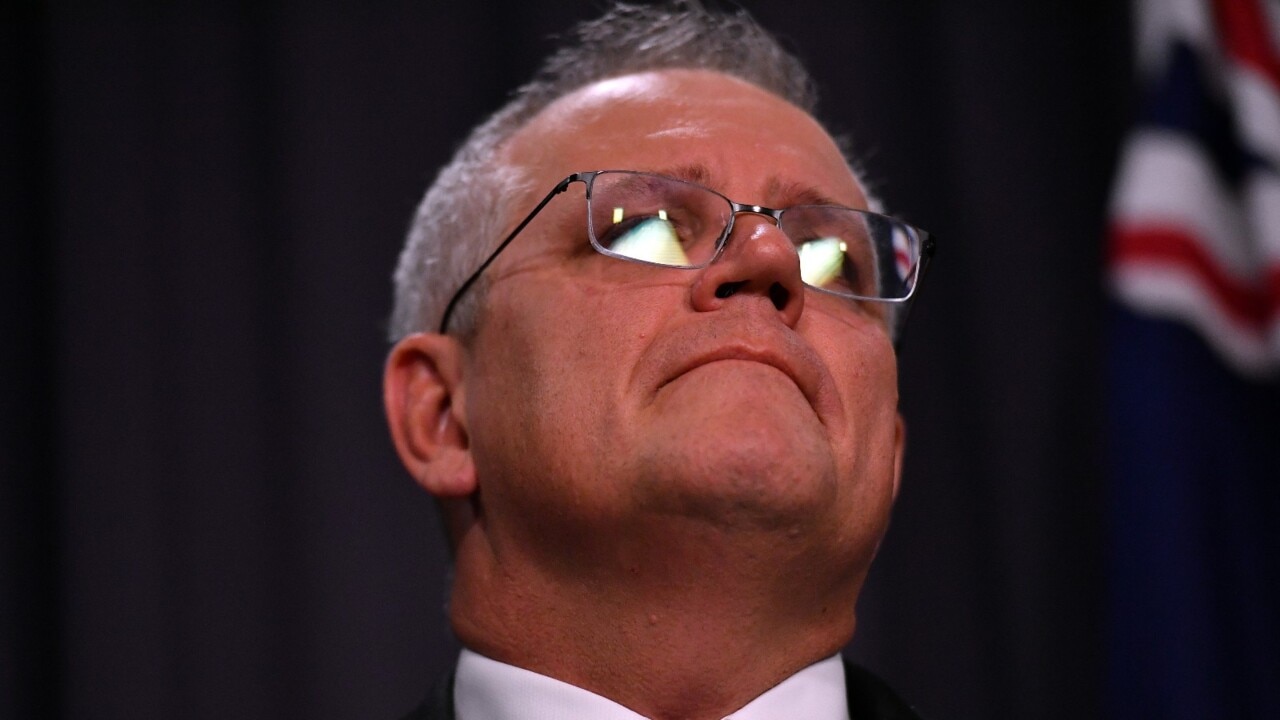
Opinion
Don't miss out on the headlines from Opinion. Followed categories will be added to My News.
In the next few days the government expects to be given the modelling it has commissioned from the Doherty Institute which will give it an idea of how many people need to be vaccinated before we can end the lockdowns and closed borders that have made this such a winter of discontent.
Not that it will make any immediate difference of course. With less than 20 per cent of the eligible population fully vaccinated we are still a way away from seeing any meaningful change to the current regimen. The best news of the week was that the size of the eligible population is about to increase, after Australia’s drug regulator approved the use of Pfizer’s vaccine for children as young as 12.
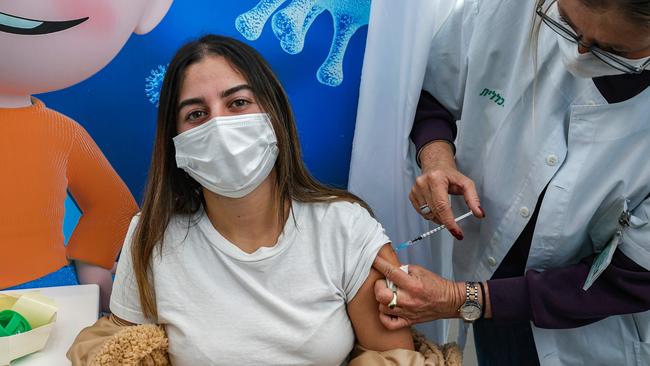
The bad news is it still needs to get the nod from the Australian Technical Advisory Group on Immunisation. As we all know by now, ATAGI isn’t very popular with the government for its extremely cautious advice over the AstraZeneca vaccine.
But it isn’t just the government that has serious questions about the way it has been calculating risk.
Some senior Labor figures also think it’s crazy to base the advice on the risk from vaccination on the present case numbers in Australia.
That is because of the ease and speed at which one case can become thousands — as we are currently discovering.
Given there was always a chance the virus would get in here — especially since the arrival of the Delta variant — the view is ATAGI should have confined itself to answering whether the vaccine or the virus is more likely to kill you.
It would be interesting to know what, if any, pressure the government has been exerting on ATAGI behind the scenes because it seems very confident in private that the group will move quickly to approve the vaccine’s use in the general population.
In the first instance it is expected to be approved for those with severe neurodisabilities, Down syndrome, immunosuppression and multiple or severe learning disabilities. Approval for everyone else will take at least a month longer.
On the face of it, this confidence that ATAGI will give the vaccine the tick is difficult to understand.
The UK’s equivalent to ATAGI — with which it has been working closely — last week gave the thumbs down to the vaccine for everyone except the above group with underlying health conditions.
The US, in contrast, has been jabbing 12-year-olds for a few months, with President Joe Biden telling an audience this week that based on the mail he has been given from the trials currently being run by Pfizer and Moderna, he reckons they will be vaccinating younger children before the end of year.
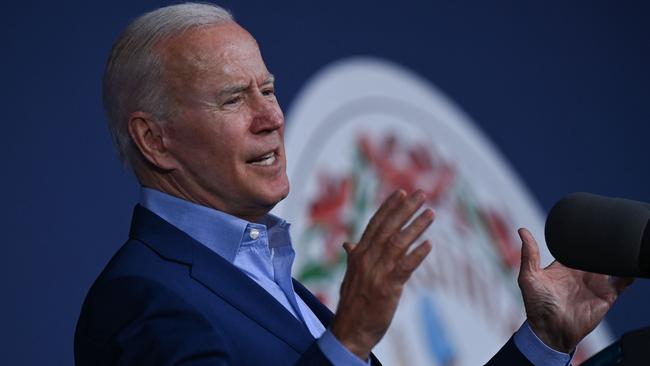
It cannot be overstated how important this is if we are going to get back to anything resembling the world as it was before March 2020.
Because the more we are learning about kids and Covid, the grimmer the picture becomes.
As you remember, when this all began last year the word from the experts was that children were less likely to catch the virus, and if they did they were less likely to get very sick.
That might have been true of the original model coronavirus. Unfortunately it appears the young are as likely to get the Delta variant as adults are. And, while we are waiting for definitive studies and the scientists are far from united on this, there is also growing evidence it causes more serious illness in the unvaccinated.
That’s not the only reason we have to be gloomy on this front, however.
For obvious reasons, a year ago we didn’t know as much as we do today about Long Covid — the effects of Covid-19 that continue for weeks or months beyond the initial illness — which appears to affect young people more than the elderly.
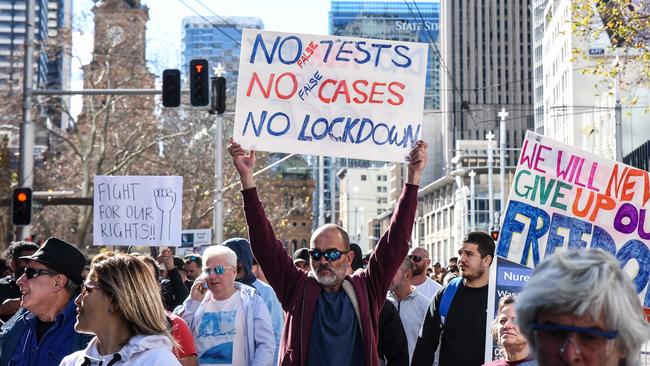
Luckily, because we have had so little SARS-CoV-2 in Australia, most of us haven’t encountered anyone with Long Covid, but studies seem to suggest it affects a lot of people — between 10 per cent and 50 per cent of the infected, depending on how you define it.
It’s also very nasty. Persistent symptoms include difficulty concentrating, headache, trouble sleeping, worry, anxiety, memory loss or confusion, and depression, along with others associated with respiratory illnesses. These are not mild symptoms either.
According to one British study, of the people who said they were still suffering these symptoms more than three months after they became ill, two-thirds said it impacted their lives on a day-to-day basis. That study found more than 400,000 people were saying they were still sick after more than a year.
As you will have noticed, many of the above symptoms relate to brain function.
In another study, researchers examined MRIs from more than 700 patients taken before the pandemic. They did another three years later. Those who had since been sick and recovered from Covid-19 had more brain atrophy or shrinkage in the parts of the brain that control taste, smell and memory.
The really scary thing was that most of these Covid cases were mild.
It’s early days but the traffic in the research coming out on this is only going one way.
Given how reluctant Australia has been to run the risk of the elderly dying, do you think we are really going to open up as long as there is a risk of this happening to our children?



